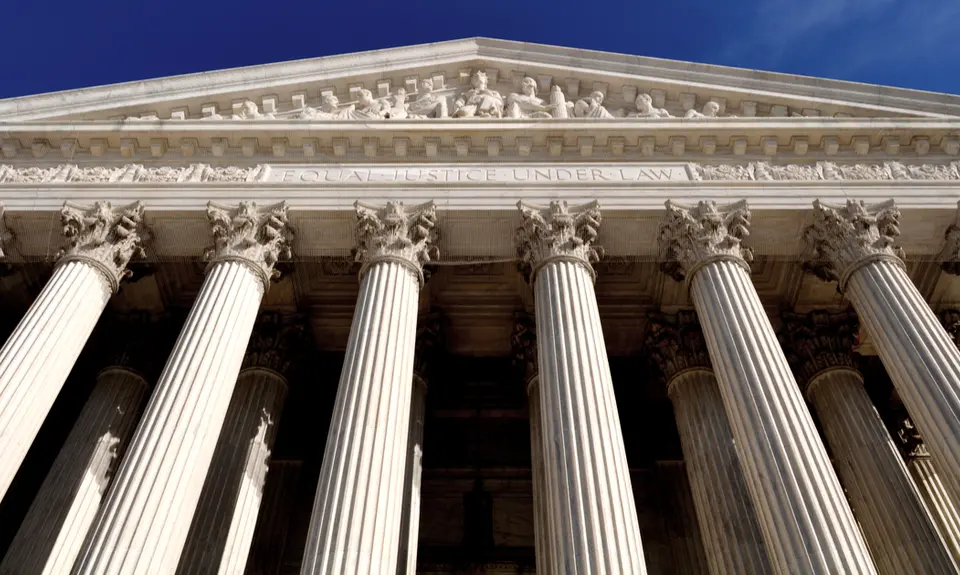“Confirmed Judges, Confirmed Fears” is a blog series documenting the harmful impact of President Trump’s judges on Americans’ rights and liberties. Cases in the series can be found by issue and by judge at this link.
Trump Eleventh Circuit judges Barbara Lagoa and Andrew Brasher issued an unsigned order without explanation that stayed a district court order calling for paper backups of online Georgia voter records to prevent problems on Election Day. The October 24, 2020 order was in Curling v. Secretary of State.
Because of concerns about accuracy and possible breakdowns of a new automated Georgia voter system enacted by the Georgia legislature in 2019, a number of individuals and organizations filed suit, seeking paper backups for a number of aspects of the system. After an extensive three-day hearing, a district court issued an October 11 opinion of almost 150 pages that declined to require that voters be allowed to use paper ballots and similar relief. Based on evidence of significant risks of difficulties and in order to avoid long lines and other problems at the polls, however, the court did issue a preliminary injunction that ordered some relief, including that state officials provide local officials with the ability to produce a paper backup of electronic poll books to allow checking of whether someone is registered and has already voted if there are problems with the electronic system. As the court explained, the evidence “convincingly” demonstrated the need for such relief, including evidence of such problems during the June primary.
The state appealed and sought to block the injunction by obtaining a stay of the order pending appeal. On October 24, only ten days before the election, Trump judges Lagoa and Brasher issued a one-sentence order granting the state’s requested stay, without any explanation. Judge Adalberto Jordan dissented, explaining that he would not have stayed the specific portions of the order providing for paper backups of polling books “in case of equipment malfunction or emergency.”
It is highly unlikely that even the limited relief ordered by the district court will thus be available by Election Day. Although Georgia voters hope for the best, what happened in June and other evidence unfortunately suggests a significant risk of a partial or “complete meltdown” if there are problems with the new system on November 3. The case is yet another example of Trump judges making it harder to vote safely and securely in the upcoming election.
